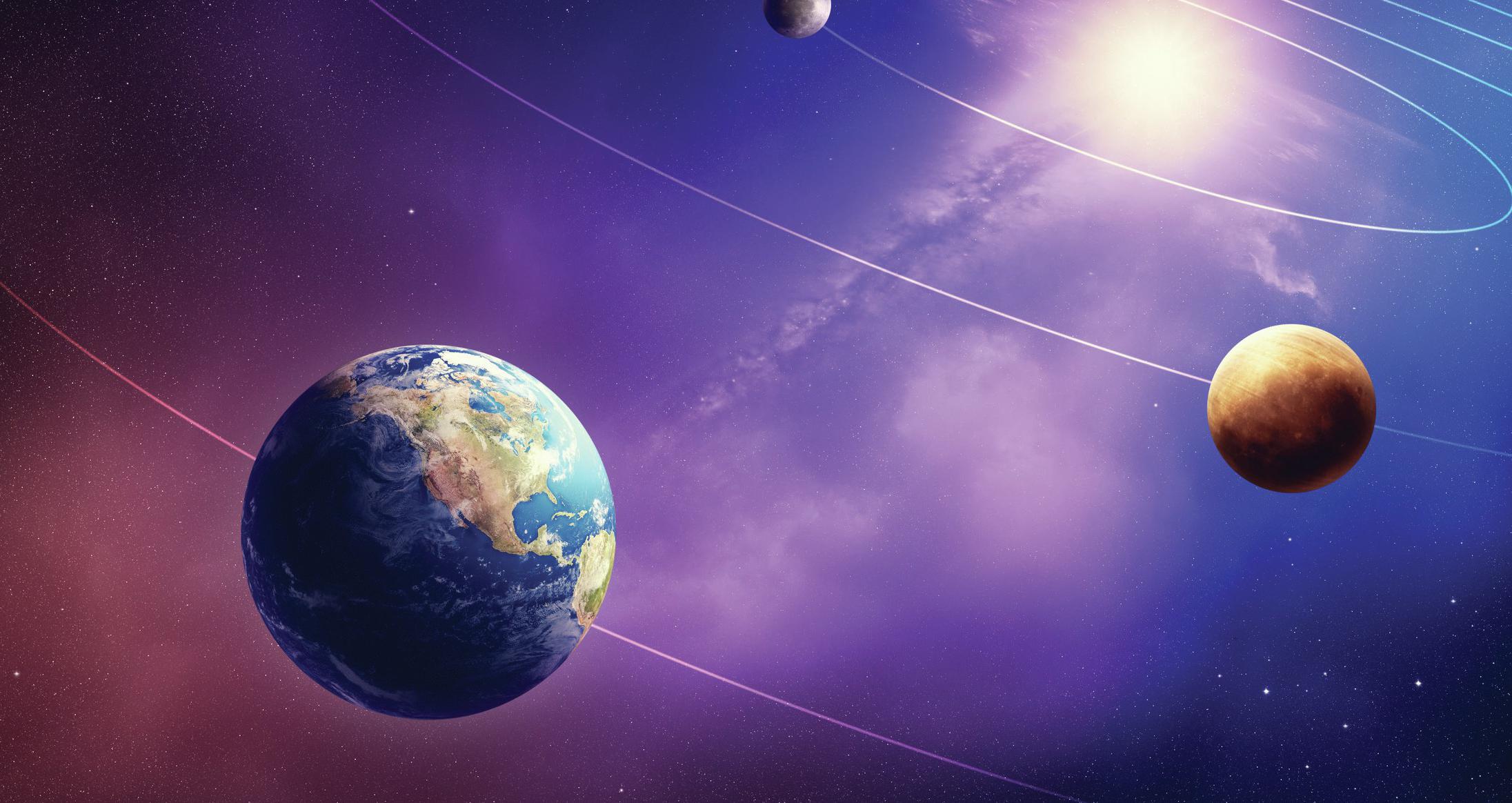
The debate about whether sociology is, can be, or even ought to be a science has been of considerable importance. By and large, the ‘founding fathers’ of sociology were quite clear on this matter. Born in the ‘Age of Reason’, August Comte (1798–1857) not only saw sociology as a science, but as ‘the Queen of Sciences’. Emile Durkheim (1858–1917) sought to use the scientific approach to identify, analyse and develop cause-and-effect theories about ‘social facts’ such as suicide. Even Karl Marx (1818–83) claimed a scientific basis for his analysis of history and capitalism.
To a large degree, the debate hinges on how the term ‘science’ is defined. At its broadest, it simply means ‘knowledge’ — but knowledge based on observation and testing. The more popular and precise definition involves an association with sciences such as physics, chemistry, biology, geology and so on, often called the ‘natural sciences’.
Your organisation does not have access to this article.
Sign up today to give your students the edge they need to achieve their best grades with subject expertise
Subscribe




